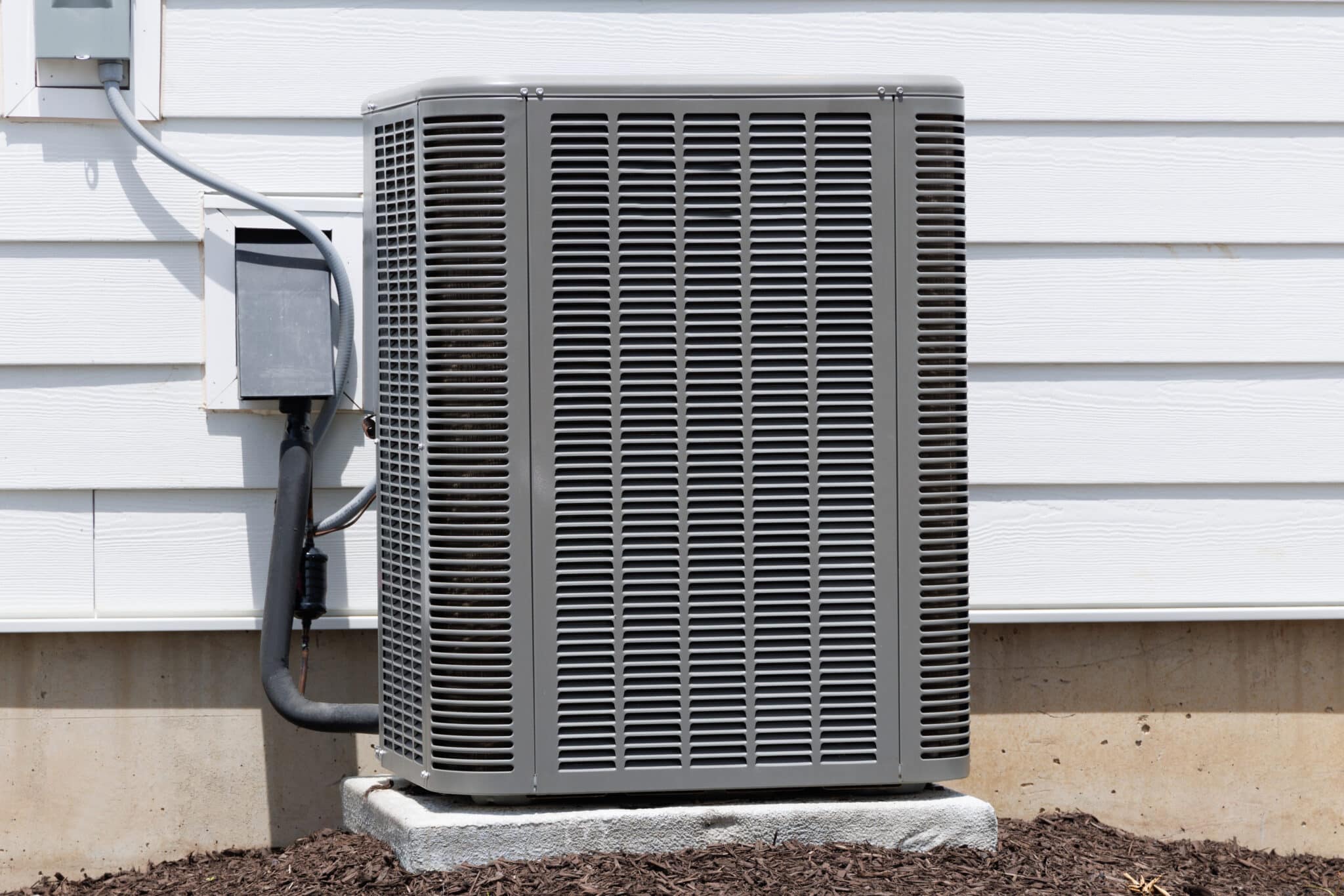

Articles
When Should You Replace HVAC System
Modified: October 28, 2024
Learn when it's time to replace your HVAC system with informative articles. Get expert advice and tips to ensure optimal performance.
(Many of the links in this article redirect to a specific reviewed product. Your purchase of these products through affiliate links helps to generate commission for Storables.com, at no extra cost. Learn more)
Introduction
An HVAC system plays a vital role in maintaining a comfortable and healthy indoor environment. However, like any other mechanical system, it has a limited lifespan. Over time, wear and tear can significantly impact its efficiency, performance, and reliability. Knowing when to replace your HVAC system is crucial to ensure optimal comfort, energy efficiency, and cost savings.
In this article, we will explore the signs that indicate an aging HVAC system and discuss the factors to consider when determining if it’s time for a replacement. By understanding these indicators and making an informed decision, you can avoid unexpected breakdowns, reduce energy consumption, and enjoy a more comfortable living environment.
Key Takeaways:
- Signs of an aging HVAC system, such as decreased energy efficiency, frequent repairs, uneven heating or cooling, and poor indoor air quality, indicate the need for a replacement to ensure optimal comfort and cost savings.
- Considering factors like the age of the current system, cost of repairs versus replacement, availability of replacement parts, and energy efficiency is crucial. Seeking a professional assessment from a qualified HVAC technician can provide valuable insights for making an informed decision.
Read more: How Often Should You Change HVAC Air Filter
Signs of an Aging HVAC System
An HVAC system undergoes significant wear and tear over time, especially if it hasn’t been properly maintained. Recognizing the signs of an aging system can help you identify when it’s time for a replacement. Here are some common signs to look out for:
- Decreased Energy Efficiency: One of the first indicators of an aging HVAC system is a decrease in energy efficiency. If you notice a consistent increase in your energy bills despite no change in usage, it could be a sign that your system is working harder to maintain the desired temperature.
- Frequent Repairs: As an HVAC system ages, it may require more frequent repairs. If you find yourself calling for repairs more often than usual, it may be more cost-effective to invest in a new system.
- Uneven Heating or Cooling: An aging HVAC system may struggle to distribute air evenly throughout your home. You may notice hot or cold spots, indicating that the system is no longer able to provide consistent comfort.
- Poor Indoor Air Quality: If you notice an increase in dust, mold, or other allergens in your home, it could be due to a deteriorating HVAC system. Aging systems may struggle to filter and circulate air properly, resulting in poor indoor air quality.
These signs can indicate that your HVAC system is nearing the end of its lifespan. However, it’s important to consider other factors before deciding to replace your system.
Decreased Energy Efficiency
One of the most noticeable signs of an aging HVAC system is a decrease in energy efficiency. As your system ages, it may struggle to operate at the same level of efficiency as when it was new. This decline in efficiency can have a significant impact on your energy bills.
If you’ve noticed a steady increase in your energy bills despite no changes in your usage patterns, it may be a clear indication that your HVAC system is no longer operating efficiently. An inefficient system has to work harder and use more energy to maintain the desired temperature in your home.
There are several reasons why an aging HVAC system may experience decreased energy efficiency:
- Worn-out components: Over time, the various components of an HVAC system, such as the compressor, blower motor, and fan, may become worn out or damaged. This can lead to a reduction in their effectiveness, resulting in decreased energy efficiency.
- Lack of maintenance: Regular maintenance is essential to keep your HVAC system running efficiently. If you’ve neglected maintenance tasks such as changing filters, cleaning coils, and lubricating moving parts, your system may suffer from decreased efficiency.
- Outdated technology: Older HVAC systems may not have the same energy-saving features and technology as newer models. Newer systems are designed to be more energy-efficient, incorporating advancements such as variable-speed motors and smart thermostats.
When your HVAC system becomes less efficient, not only do you end up paying more on your energy bills, but it can also have negative environmental implications. A less efficient system contributes to increased energy consumption and greenhouse gas emissions, impacting the environment.
If you’re experiencing decreased energy efficiency with your HVAC system, it may be time to consider replacing it with a newer, more energy-efficient model. Not only will this help you save on your energy bills, but it will also reduce your carbon footprint and contribute to a more sustainable future.
Frequent Repairs
Dealing with frequent repairs can be a frustrating and costly experience. If your HVAC system is requiring repairs more frequently than usual, it may be a sign that it’s nearing the end of its lifespan. While occasional repairs are to be expected, excessive repairs can be a strong indicator that a replacement is necessary.
There are several reasons why an aging HVAC system may require frequent repairs:
- Wear and Tear: As an HVAC system ages, its various components, such as the motor, compressor, and fan, can start to deteriorate. This wear and tear can lead to frequent breakdowns and the need for repairs.
- Outdated Parts: Over time, some parts of an HVAC system may become obsolete or difficult to source. This can result in longer wait times for repairs and increased costs.
- Inefficient Performance: As an HVAC system ages, it may struggle to perform as efficiently as it once did. This inefficiency can put additional strain on the system, resulting in more frequent breakdowns and the need for repairs.
While individual repairs may appear to be a cost-effective solution in the short term, the cumulative cost of multiple repairs can quickly add up. It’s important to weigh the cost of repairs against the potential benefits of investing in a new HVAC system.
Replacing an aging HVAC system with a new one not only eliminates the need for frequent repairs, but it also provides the peace of mind of having a reliable and efficient system. Newer systems come with warranties that can cover repairs and replacement parts, providing additional cost savings and protection.
Furthermore, by investing in a new HVAC system, you can take advantage of the latest technology and energy-efficient features. Newer systems are designed to consume less energy, which can result in substantial savings on your energy bills.
If you find yourself constantly dealing with repairs and experiencing the inconvenience and expense associated with them, it may be time to consider replacing your aging HVAC system. Consult with a professional HVAC technician to assess the condition of your system and determine the best course of action.
Uneven Heating or Cooling
One of the common signs of an aging HVAC system is uneven heating or cooling in your home. As your system ages, it may struggle to distribute air evenly, resulting in hot or cold spots throughout your living space.
If you notice drastic temperature differences between rooms or areas of your home, it may be an indication that your HVAC system is no longer able to provide consistent comfort. There are several reasons why this may occur:
- Worn-out ductwork: Over time, the ductwork in your HVAC system can develop leaks, cracks, or gaps, which can lead to uneven air distribution. This can result in certain areas of your home receiving inadequate heating or cooling.
- Dirty or clogged filters: Accumulated dust and debris in the filters can obstruct airflow, causing uneven distribution of heated or cooled air. Regularly cleaning or replacing filters is essential to maintain proper airflow and ensure consistent comfort.
- Faulty thermostat: An aging thermostat may not accurately sense and regulate the temperature, leading to uneven heating or cooling. Upgrading to a programmable or smart thermostat can help improve temperature control and distribution.
- Malfunctioning blower motor: The blower motor is responsible for circulating air throughout your home. If it becomes worn out or malfunctions, it can result in inadequate airflow, leading to uneven heating or cooling.
Uneven heating or cooling not only affects your comfort but can also impact your energy bills. In an attempt to compensate for the temperature imbalances, you may end up overworking your HVAC system, leading to increased energy consumption.
If you consistently experience hot or cold spots within your home, it may be time to consider replacing your aging HVAC system. A new system, along with proper ductwork inspection and sealing, can ensure even distribution of air, providing optimal comfort in every room.
Consulting with a professional HVAC technician can help assess the condition of your system, identify the causes of uneven heating or cooling, and recommend the best solution, whether it’s repair or replacement.
Read more: When Should You Replace Water Heater
Poor Indoor Air Quality
Poor indoor air quality is not only detrimental to your health but can also be an indication of an aging HVAC system. As your system ages, it may struggle to effectively filter and circulate air, leading to an accumulation of dust, allergens, and pollutants in your home.
Here are some signs that may indicate poor indoor air quality:
- Increased dust: If you notice excess dust settling on surfaces more frequently, it may be a sign that your HVAC system is not effectively filtering the air. This can be particularly problematic for individuals with allergies or respiratory conditions.
- Persistent odors: An aging HVAC system may not effectively remove odors from your home. Lingering odors from pets, cooking, or other sources can indicate a lack of proper air circulation and filtration.
- Mold or mildew growth: Excessive humidity or moisture in your home can lead to the growth of mold or mildew, which can negatively impact air quality. An aging HVAC system may struggle to maintain proper humidity levels, contributing to mold and mildew issues.
Poor indoor air quality can lead to various health problems, including allergies, respiratory issues, and other respiratory tract infections. It is important to address these concerns in order to maintain a healthy living environment for you and your family.
Replacing your aging HVAC system can significantly improve indoor air quality. Newer systems come with advanced filtration systems that can effectively remove dust, allergens, and pollutants from the air. Additionally, ensuring regular maintenance tasks such as cleaning or replacing filters can help maintain clean air in your home.
If you are experiencing poor indoor air quality and suspect that your aging HVAC system may be the cause, it is recommended to consult with a professional HVAC technician. They can assess the condition of your system, identify any underlying issues, and provide recommendations on how to improve your indoor air quality.
Tip: Consider replacing your HVAC system if it is over 10-15 years old, requires frequent repairs, or has a declining energy efficiency. Upgrading to a newer model can improve comfort and save on energy costs.
The Age of Your Current System
The age of your HVAC system is an important factor to consider when determining if it’s time for a replacement. Like any mechanical system, HVAC systems have a limited lifespan, and as they get older, their efficiency and performance can diminish.
The average lifespan of an HVAC system can vary depending on factors such as usage, maintenance, and the quality of the original installation. However, as a general guideline, most HVAC systems last between 15 to 20 years. If your system is approaching or has surpassed this age range, it may be a good indication that it’s time for a replacement.
Older HVAC systems are more prone to breakdowns, require more frequent repairs, and are generally less energy-efficient. As they age, replacement parts may become harder to find, leading to longer wait times and increased repair costs.
Additionally, advancements in technology and energy efficiency have significantly improved HVAC systems in recent years. Newer models offer greater energy efficiency, which can lead to substantial cost savings on your energy bills. They also come with advanced features and smart controls that provide more precise temperature and humidity control, enhancing your overall comfort.
Considering the age of your current HVAC system, along with other signs of aging and decreased performance, can help inform your decision on whether it’s time for a replacement. Consult with a professional HVAC technician to assess the condition of your system and determine if a new HVAC system would be the best investment for your home.
The Cost of Repair versus Replacement
When faced with HVAC system issues, one important consideration is whether the cost of repairs outweighs the benefits of replacement. While repairs may seem like a more affordable short-term solution, it’s essential to weigh the long-term cost implications.
If your HVAC system is experiencing frequent breakdowns or requires expensive repairs, it may be a sign that it’s reaching the end of its lifespan. Constantly investing in repairs can quickly add up, and the cumulative cost may eventually exceed the cost of a new system.
Here are some factors to consider when evaluating the cost of repair versus replacement:
- Magnitude of the Repair: If the repair is minor and relatively inexpensive, it may be a reasonable option. However, if the repair involves major components like the compressor or the heat exchanger, the cost may be significant and may indicate that a replacement is more cost-effective.
- Age of the System: Consider the age of your HVAC system in relation to the proposed repair cost. If the system is nearing the end of its typical lifespan and the repair cost is considerable, it may be more sensible to invest in a new system instead.
- Repair History: Evaluate the repair history of your HVAC system. If you have already invested a significant amount in repairs over the past few years, it may be a sign that the system is becoming unreliable and costly to maintain.
- Energy Efficiency: Consider the energy efficiency of your current system. Older systems tend to be less energy-efficient compared to newer models. The cost savings on energy bills from upgrading to a more efficient system can help offset the investment in a replacement.
While the upfront cost of a new HVAC system may be higher than the cost of repairs, it’s important to consider the long-term benefits. Newer systems offer improved energy efficiency, better performance, and advanced features, resulting in lower energy bills, increased comfort, and potentially reduced repair expenses.
When making the decision between repair and replacement, consult with a professional HVAC technician. They can assess the condition of your current system, provide cost estimates for repairs and replacements, and offer expert advice tailored to your specific situation.
The Availability of Replacement Parts
As HVAC systems age, it’s not uncommon for certain components and parts to become obsolete or harder to find. The availability of replacement parts is an important consideration when deciding whether to repair or replace your HVAC system.
If your system requires a repair and the necessary parts are difficult to source, it can lead to delays in the repair process and potentially higher costs. Additionally, if a specific part is no longer available, it may be a sign that your system is outdated and nearing the end of its useful life.
Here are some factors to consider regarding the availability of replacement parts:
- Discontinued Models: Manufacturers regularly update their product lines, phasing out older models and introducing new ones. If your HVAC system is an older model that has been discontinued, finding replacement parts may be a challenge.
- Obsolete Components: Over time, certain components of an HVAC system may become obsolete due to advancements in technology or changes in industry standards. This can make it difficult to find suitable replacements for these components.
- Extended Wait Times: If replacement parts are not readily available, it can result in extended wait times for repairs. This can leave you without heating or cooling for an extended period, causing discomfort and inconvenience.
When considering the availability of replacement parts, it’s important to factor in the overall condition of your HVAC system. If the system has reached an age where replacement parts are increasingly scarce, it may be an indicator that a replacement is the more practical and cost-effective option.
Investing in a new HVAC system ensures that you have access to readily available replacement parts, as manufacturers typically support their products for many years. You can also take advantage of the latest technology and advancements in energy efficiency, resulting in improved performance and potential long-term cost savings.
Consult with a professional HVAC technician to assess the availability of replacement parts for your current system. They can provide insight into the likelihood of finding necessary parts and help guide you in making an informed decision regarding repair or replacement.
Read more: Where Should HVAC Vents Be Placed
Energy Efficiency and Cost Savings
Energy efficiency is a crucial factor to consider when determining whether to replace your HVAC system. Older systems tend to be less energy-efficient compared to newer models, which can lead to higher energy bills and increased environmental impact.
Here are some ways in which upgrading to a more energy-efficient HVAC system can result in significant cost savings:
- Reduced Energy Consumption: Newer HVAC systems are designed to operate more efficiently, using less energy to achieve the same level of heating or cooling. This can result in lower energy bills, especially over the long term.
- Advanced Technology: Modern HVAC systems come equipped with advanced features and technologies that optimize energy usage. For example, variable-speed motors adjust airflow to specific needs, minimizing energy waste.
- Smart Thermostats: Upgrading to a smart thermostat allows for precise temperature control and scheduling, optimizing energy usage based on your daily routines. Remote access and automation capabilities further enhance energy efficiency.
- Improved Insulation: Replacing an aging HVAC system may involve upgrading other components, such as ductwork or insulation. Proper insulation helps to minimize heat loss or gain, reducing the workload on your HVAC system.
While there is an initial investment cost associated with replacing your HVAC system, the long-term cost savings from improved energy efficiency can offset this expense. Over time, the energy savings can add up, resulting in substantial financial benefits.
It’s worth considering the potential return on investment when evaluating the energy efficiency of your current system. A professional HVAC technician can help analyze your energy usage, calculate potential savings, and advise on the most energy-efficient options for your home.
Additionally, upgrading to a more energy-efficient system not only saves you money but also contributes to a greener and more sustainable environment. By reducing your energy consumption, you can minimize your carbon footprint and make a positive impact on the planet.
When assessing the energy efficiency and cost savings of your HVAC system, consult with an HVAC professional who can provide expert advice tailored to your specific needs and considerations.
The Importance of Professional Assessment
When deciding whether to repair or replace your HVAC system, it is essential to seek a professional assessment from a qualified HVAC technician. Their expertise can provide valuable insights and help you make an informed decision based on your specific circumstances. Here are reasons why a professional assessment is crucial:
- Accurate Evaluation: HVAC professionals have the knowledge and experience to accurately assess the condition of your current system. They can identify any underlying issues, determine the remaining lifespan, and evaluate its overall performance.
- Identifying Hidden Problems: Some HVAC problems may not be immediately apparent, especially to an untrained eye. A professional assessment can uncover underlying issues before they escalate, helping you avoid costly repairs down the line.
- Consideration of Repair Options: A professional assessment will provide you with an accurate estimate of repair costs. HVAC technicians can advise you on whether repairs are a viable solution, based on factors such as the age of the system, the availability of replacement parts, and the extent of the repairs required.
- Cost-Benefit Analysis: HVAC professionals can perform a cost-benefit analysis comparing the potential savings from a new, energy-efficient system with the cost of repairs. This analysis takes into account factors such as energy consumption, repair costs, and the lifespan of the current system.
- Guidance on Updated Technology: HVAC technology is constantly advancing, with new energy-efficient features and smart controls becoming available. An HVAC technician can help you understand the benefits of upgrading to a newer system and guide you in selecting the right technology for your specific needs.
Professional assessment ensures that you have a comprehensive understanding of your HVAC system’s condition and the available options. This knowledge can empower you to make a well-informed decision that aligns with your budget, comfort requirements, and long-term goals.
When seeking a professional assessment, choose a reputable HVAC company with certified technicians. Look for companies that have years of experience, positive customer reviews, and a track record of providing honest and reliable service.
By relying on the expertise of HVAC professionals, you can make a confident decision regarding whether to repair or replace your system, ensuring optimal comfort, energy efficiency, and long-term cost savings.
Conclusion
Determining when to replace your HVAC system is a decision that requires careful consideration of various factors. Signs of an aging HVAC system, such as decreased energy efficiency, frequent repairs, uneven heating or cooling, and poor indoor air quality, indicate that it may be time for a replacement.
The age of your current system, the cost of repairs versus replacement, the availability of replacement parts, as well as energy efficiency and cost savings, are all important factors to consider in the decision-making process.
While repairs may seem like a short-term solution, recurring issues and increasing repair costs can quickly add up. Investing in a new HVAC system offers benefits such as improved energy efficiency, increased reliability, and advanced technology that can provide optimal comfort and potential long-term cost savings.
It is highly recommended to seek a professional assessment from a qualified HVAC technician. They can accurately evaluate the condition of your current system, identify any hidden problems, and provide guidance on whether repair or replacement is the most cost-effective and practical option.
Remember, maintaining a comfortable and healthy indoor environment is crucial for your well-being. By staying proactive and informed about the condition of your HVAC system, you can ensure optimal performance, energy efficiency, and long-term comfort for you and your family.
Consult with an HVAC professional today to assess your system and make an informed decision that will enhance your home’s comfort, energy efficiency, and overall well-being.
Frequently Asked Questions about When Should You Replace HVAC System
Was this page helpful?
At Storables.com, we guarantee accurate and reliable information. Our content, validated by Expert Board Contributors, is crafted following stringent Editorial Policies. We're committed to providing you with well-researched, expert-backed insights for all your informational needs.
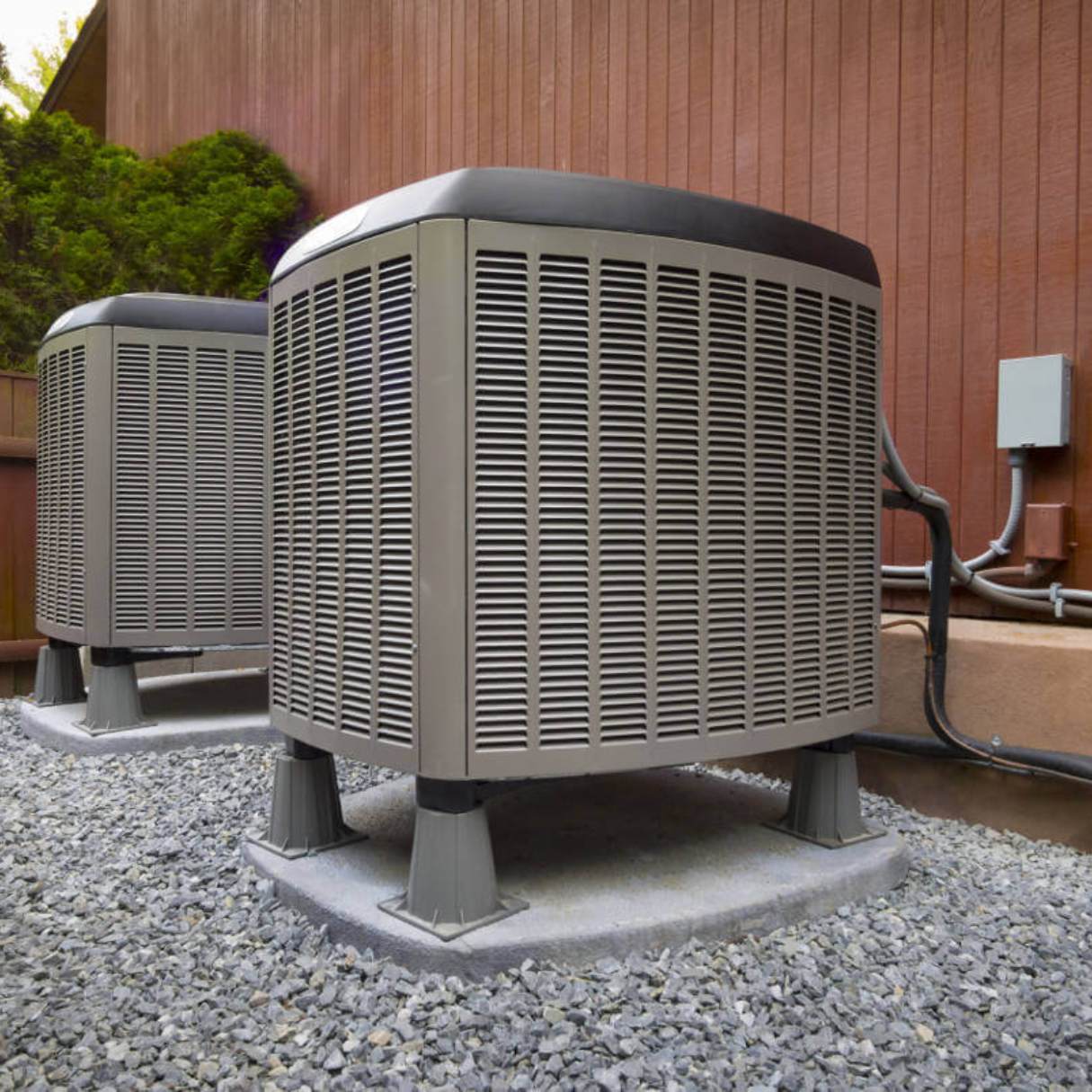
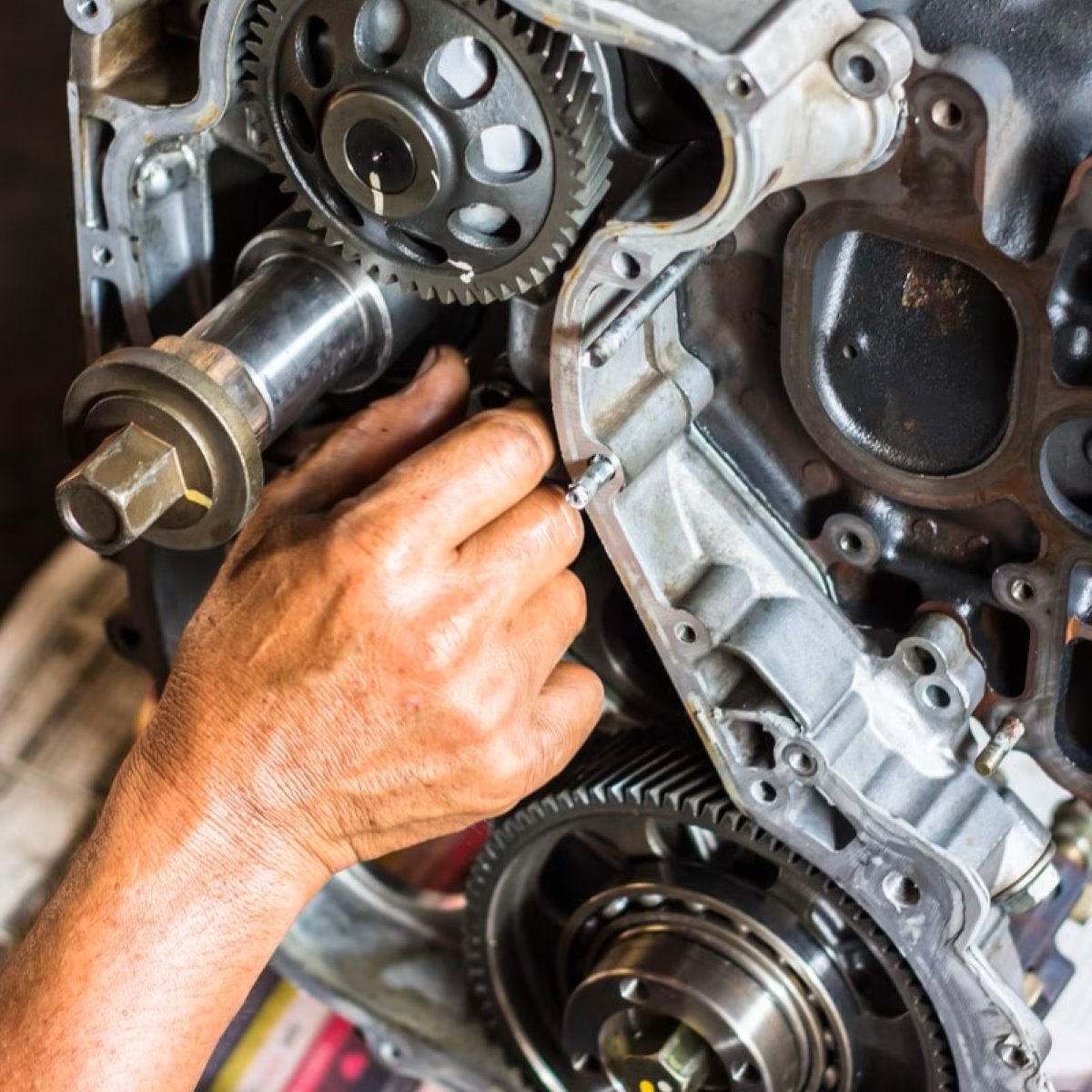
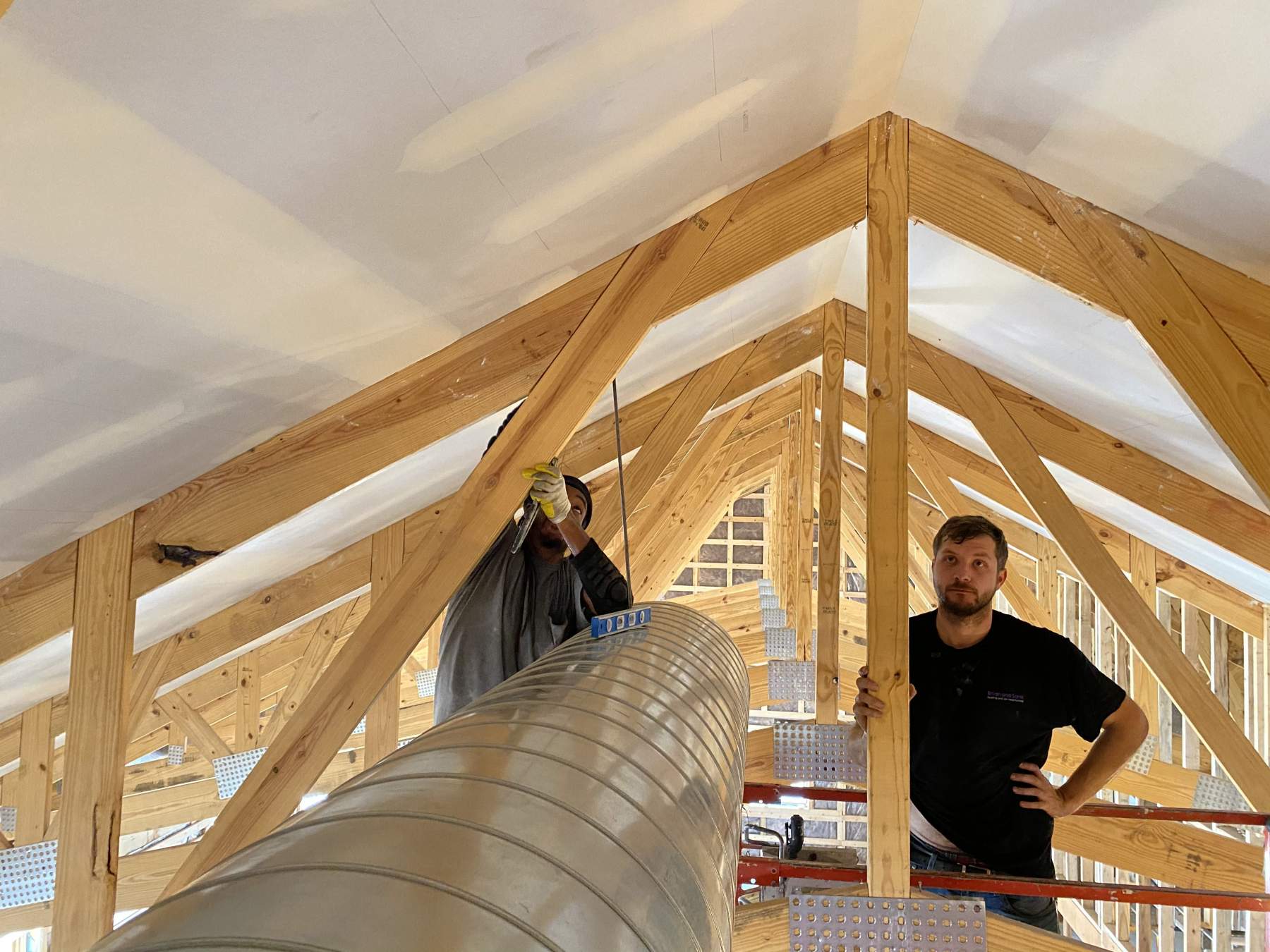
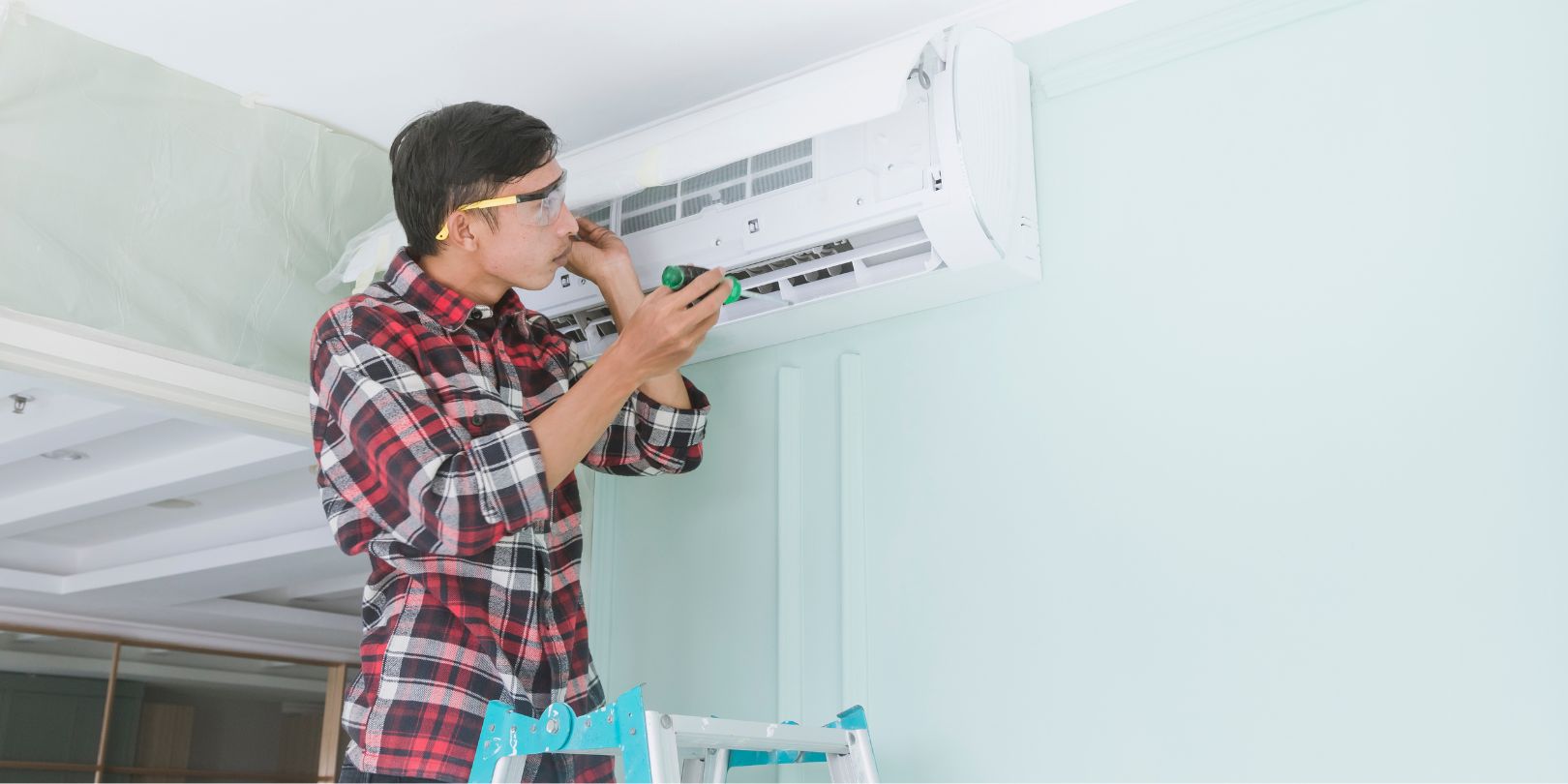
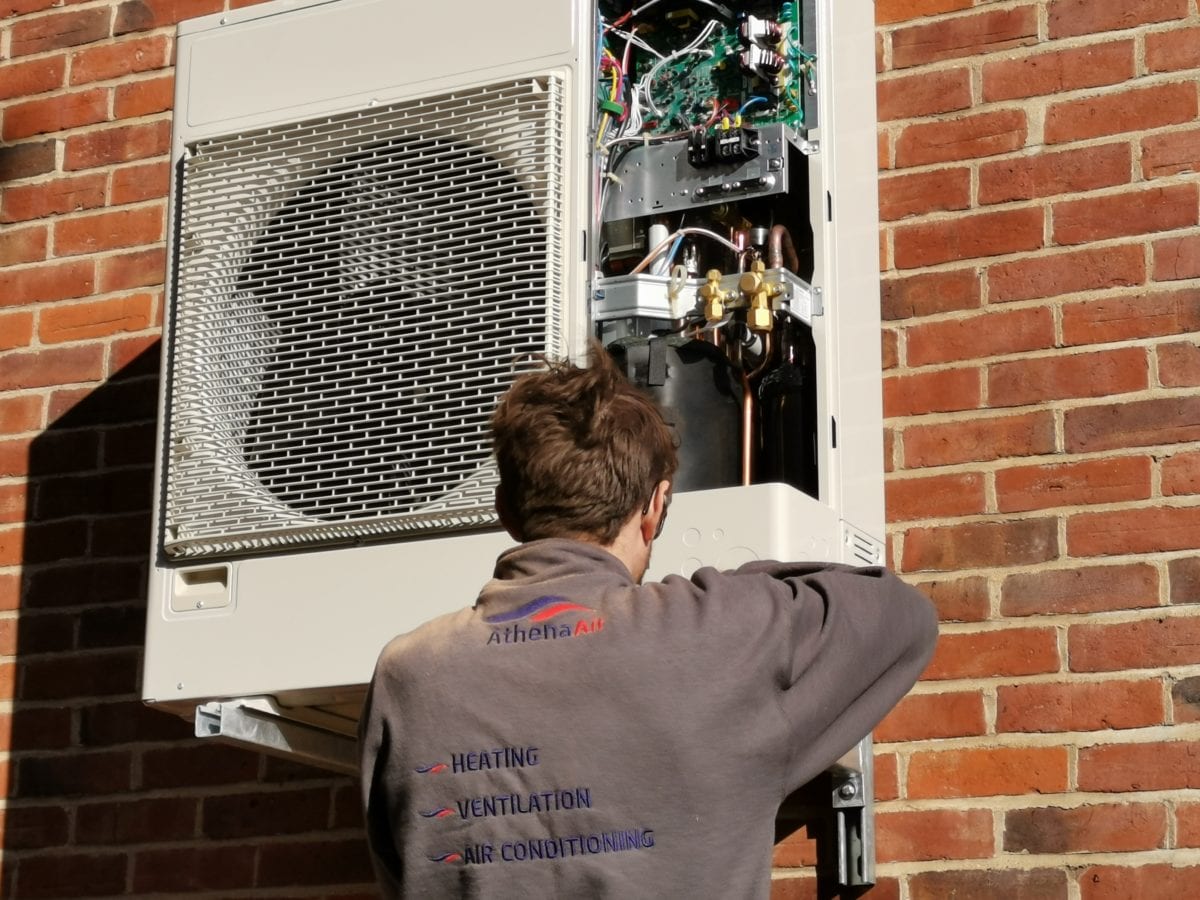
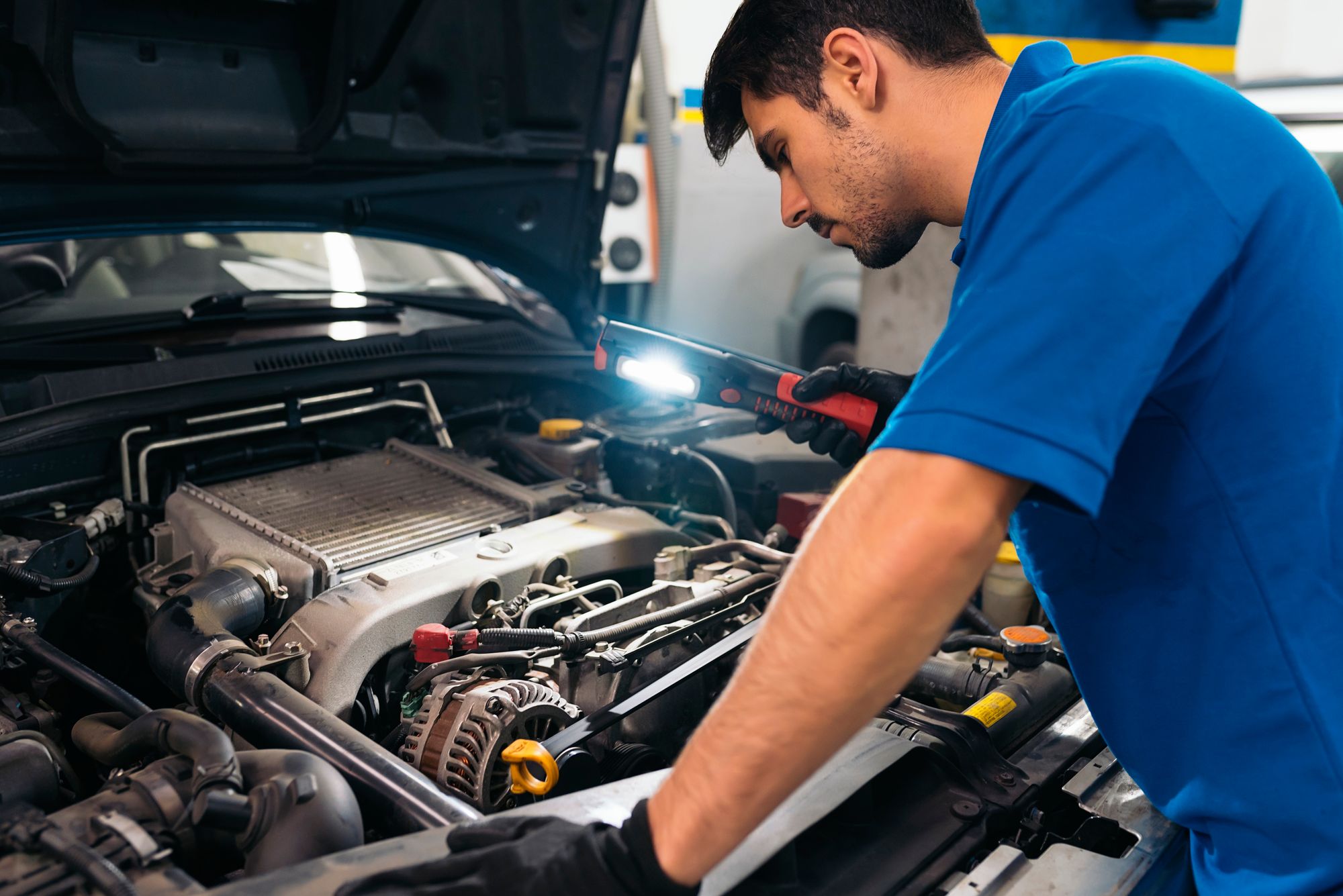
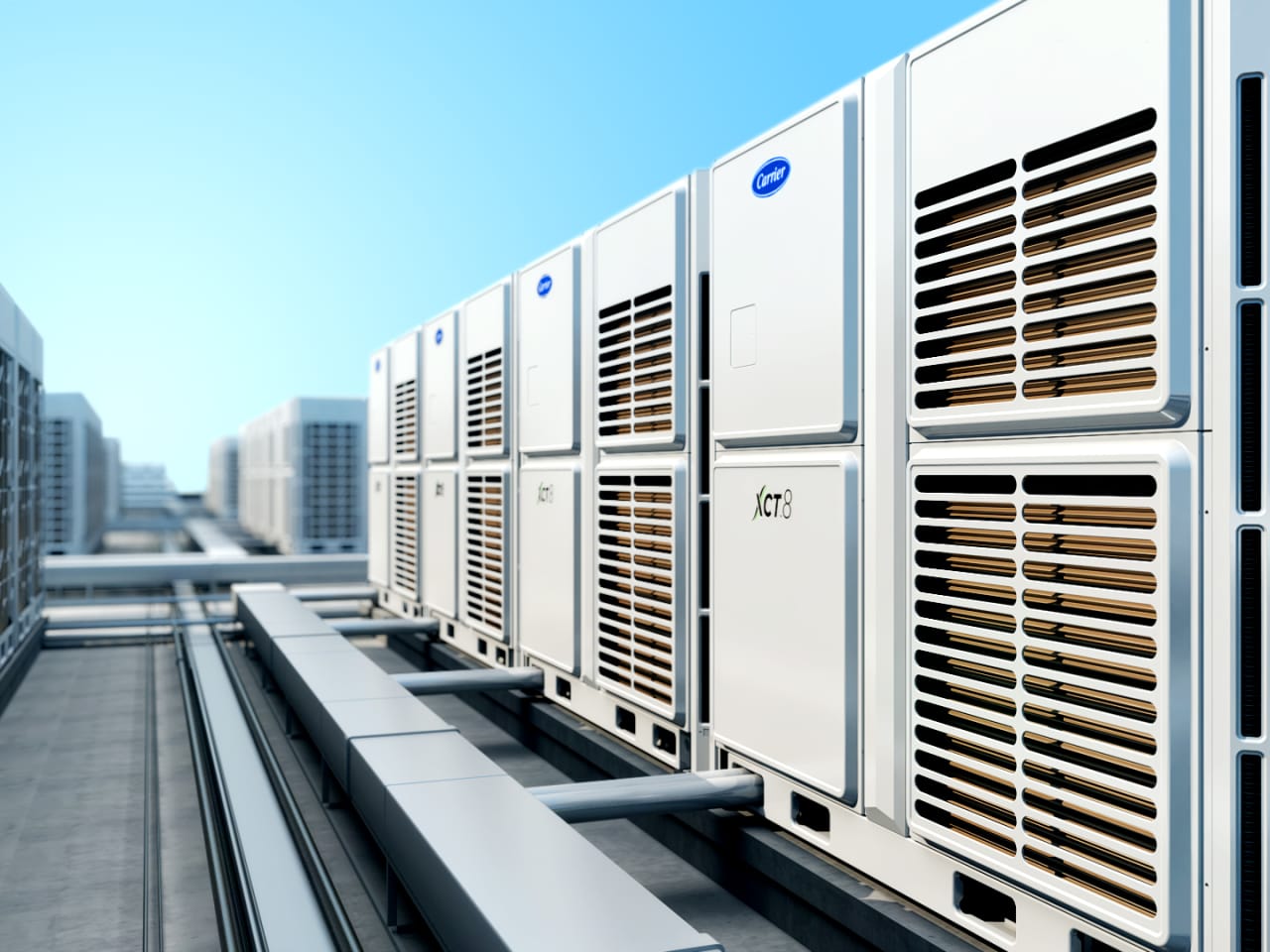
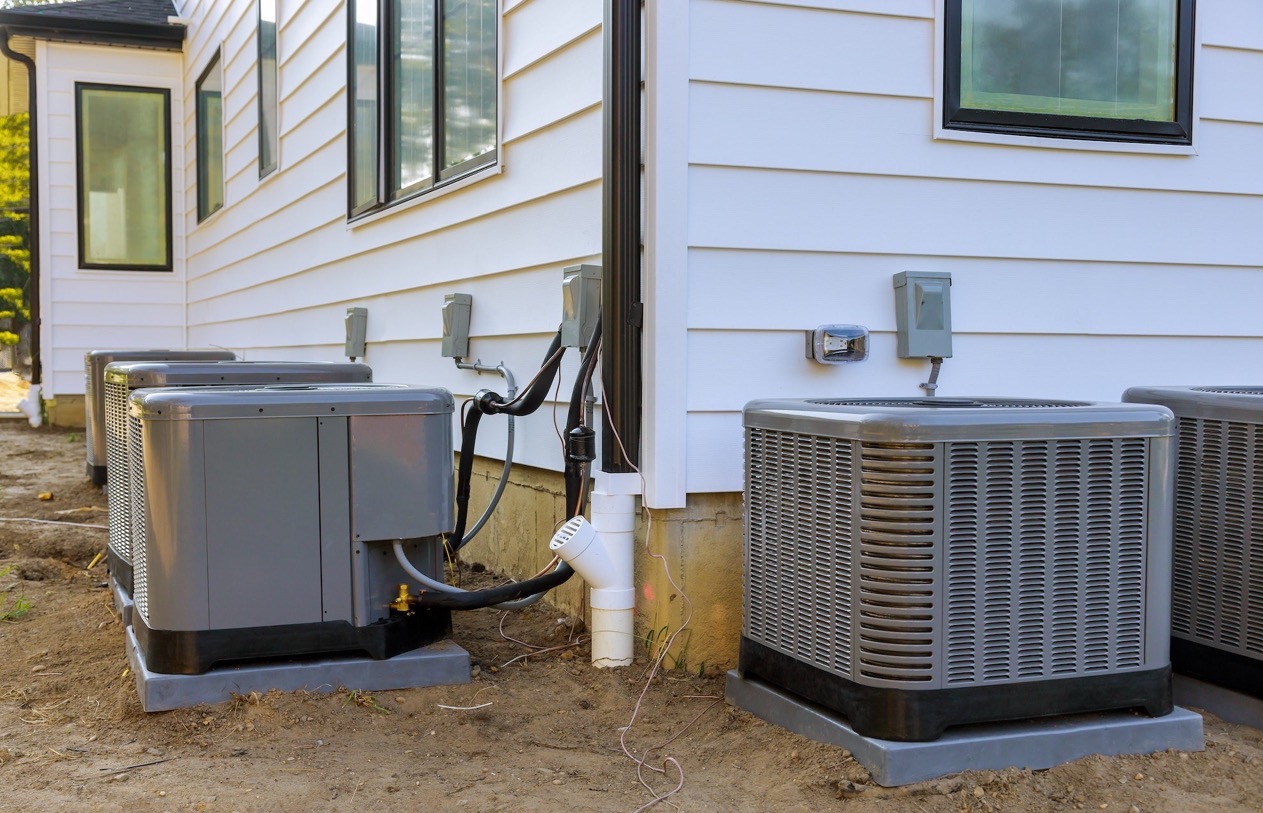
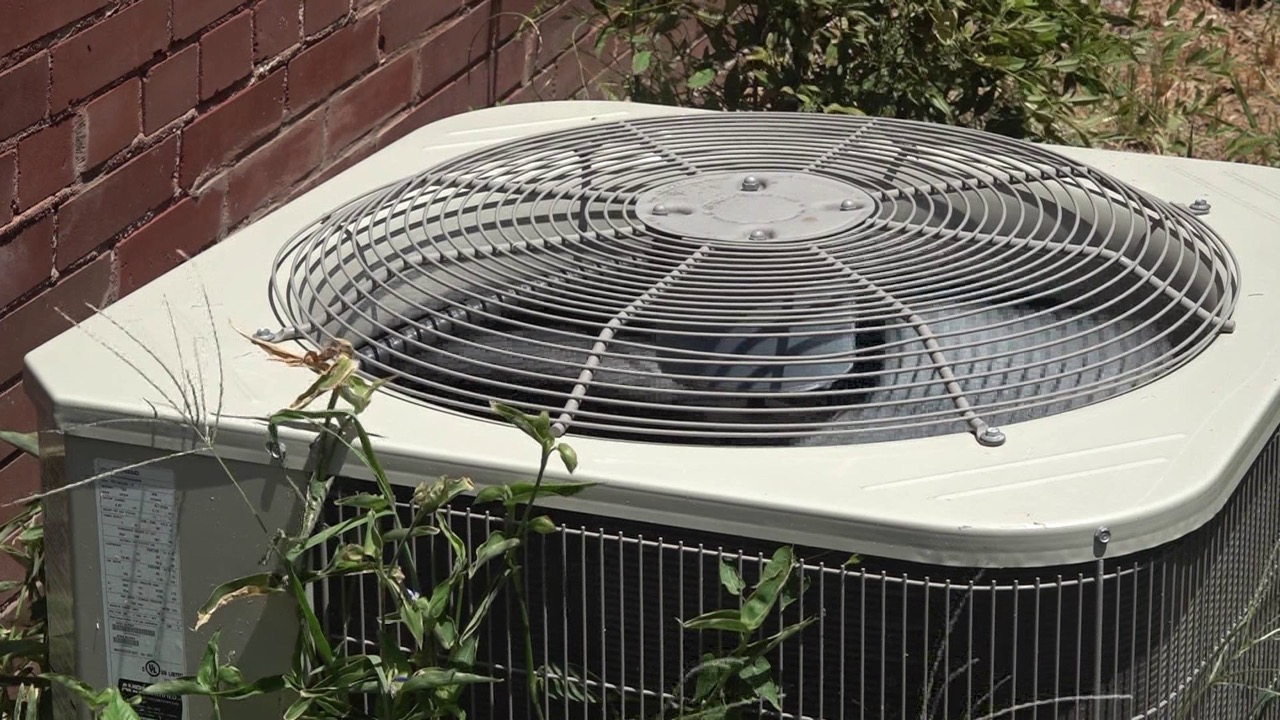
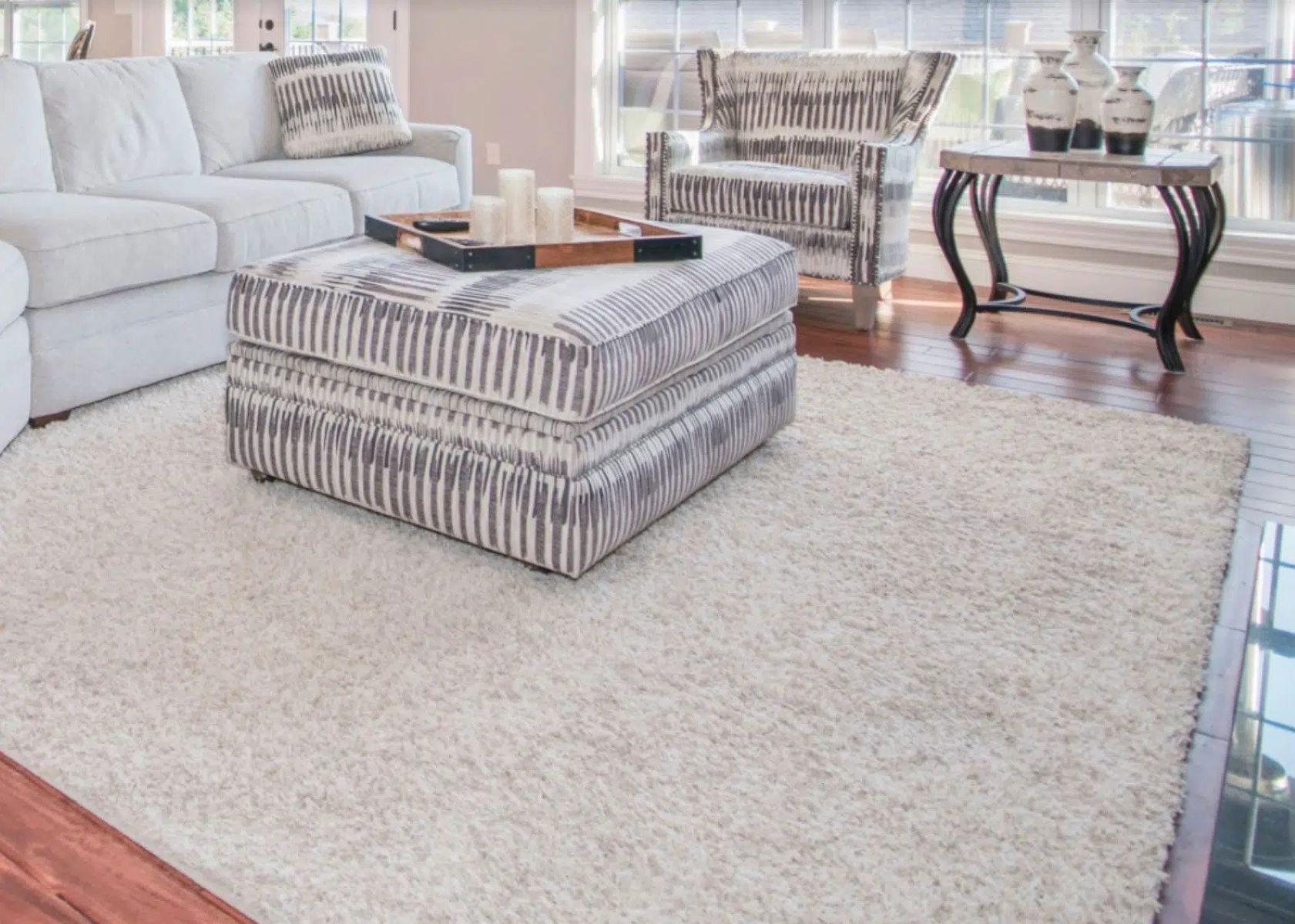
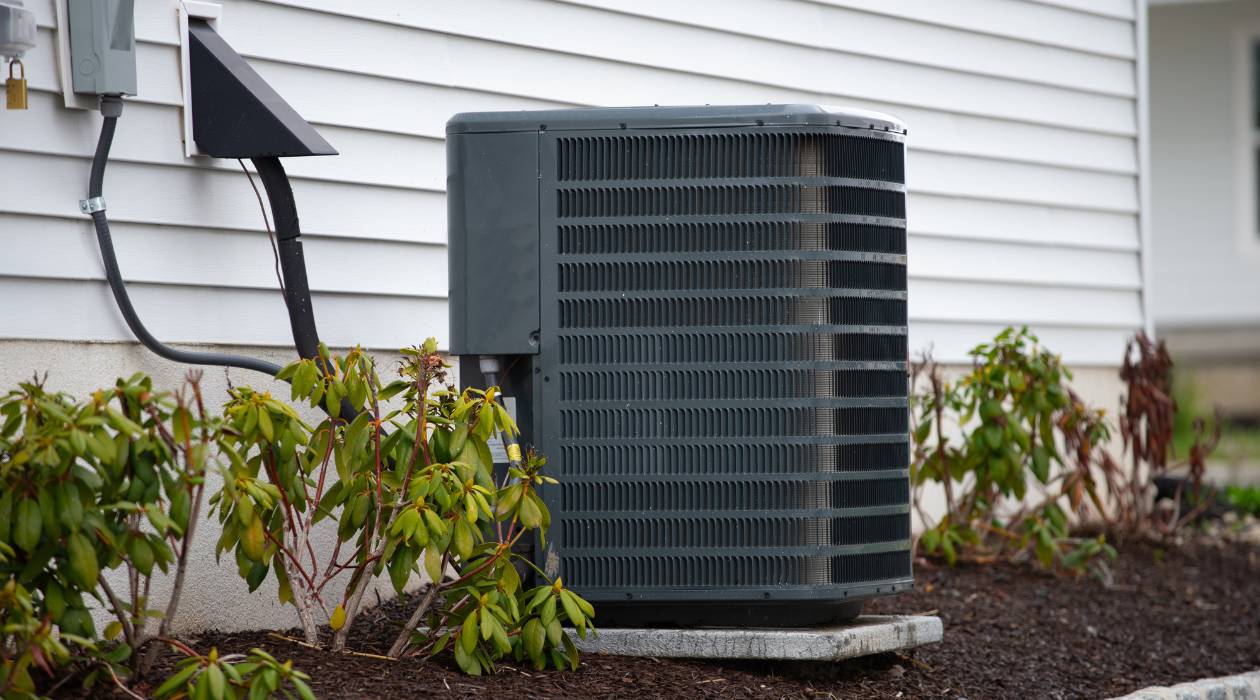

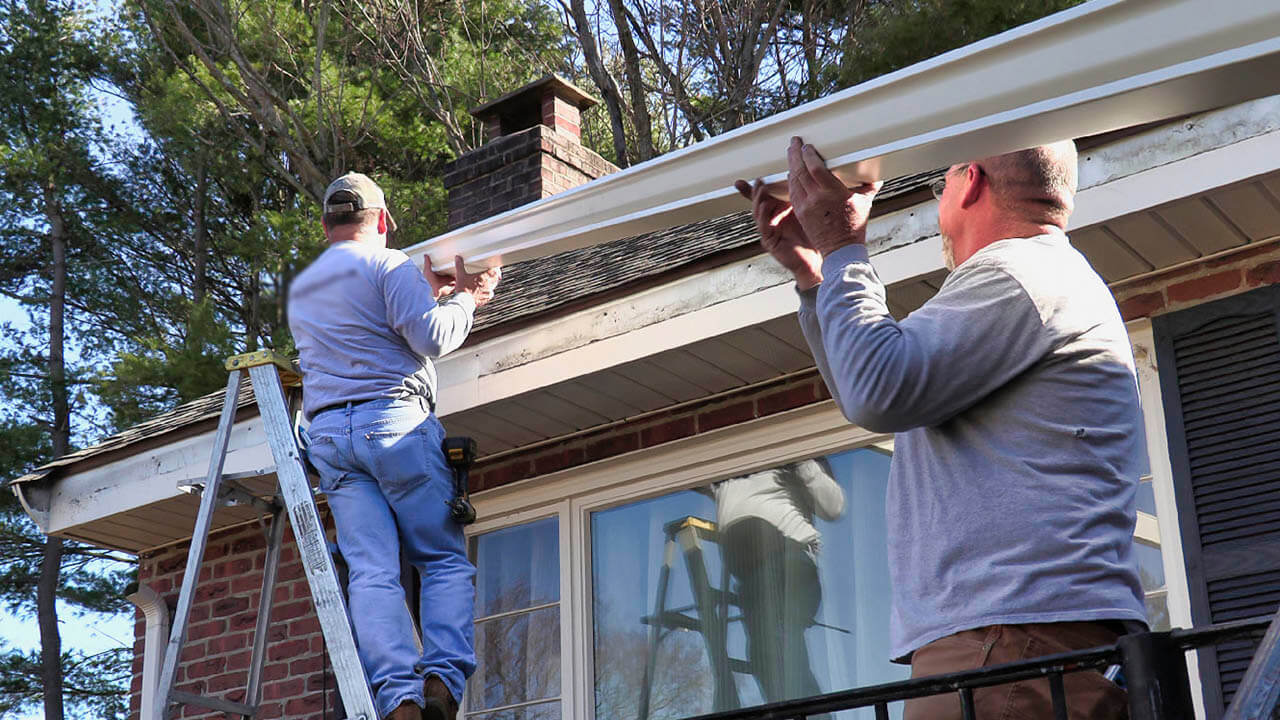

0 thoughts on “When Should You Replace HVAC System”